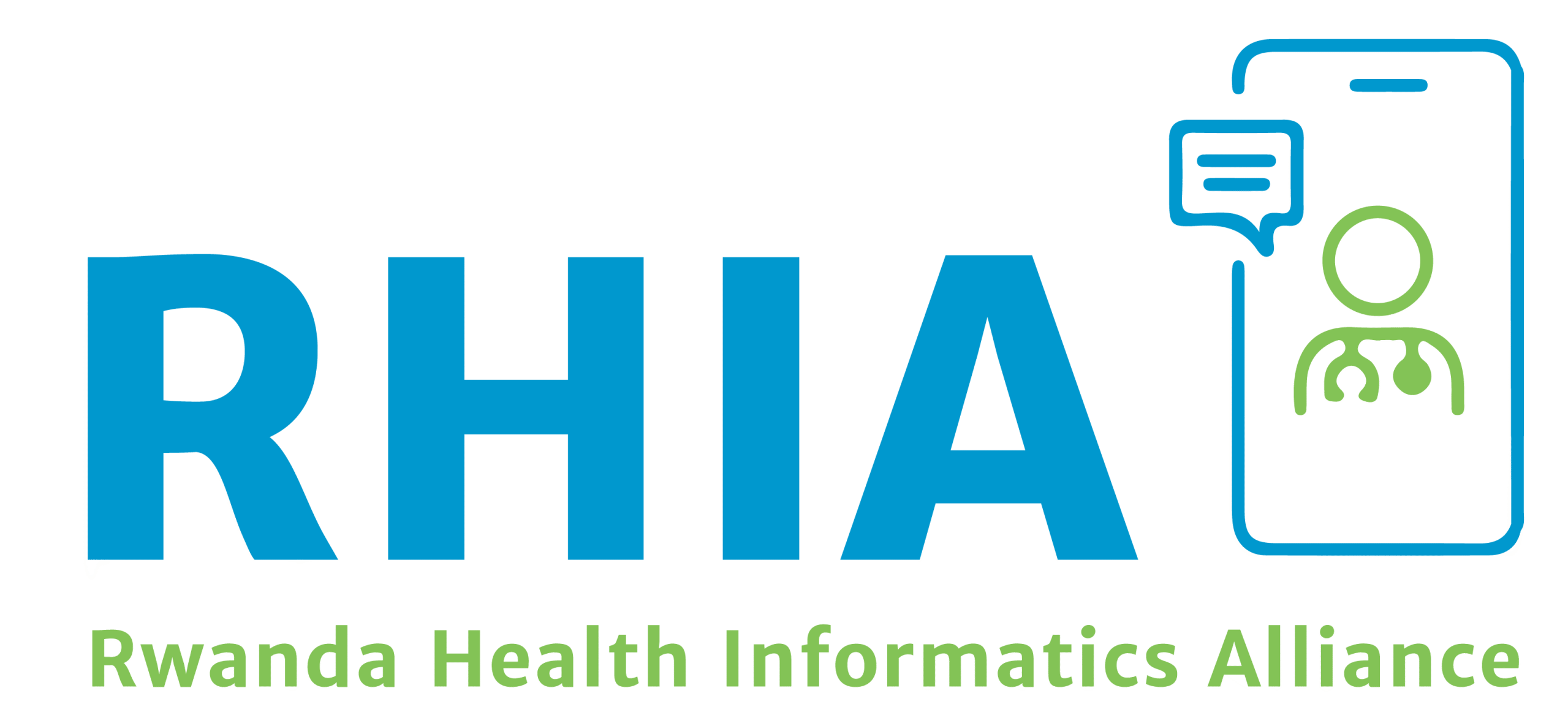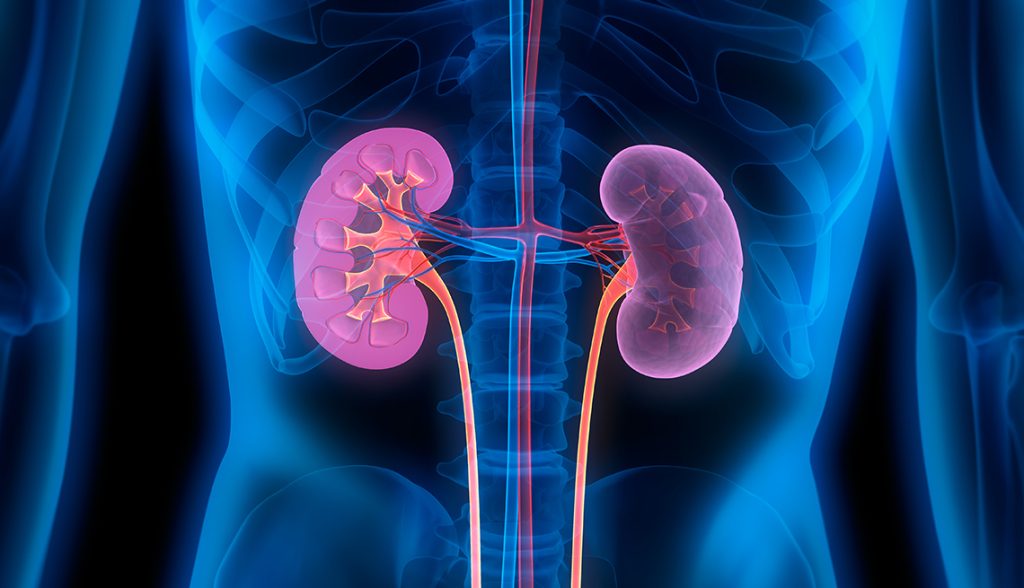Advancing Equitable Access to Care and Optimal Medication Practice
Introduction
Chronic Kidney Disease (CKD) is a progressive loss of kidney function with no early signs or symptoms. Consequently, surplus fluid and waste persist in the body, potentially giving rise to additional health issues like heart disease and stroke. CKD is a silent Threat; affects more than 850 million people worldwide, resulting in over 3.1 million deaths in 2019. Shockingly, kidney dysfunction ranks as the 8th leading global cause of death and is projected to become the 5th by 2040. Recent breakthroughs in medication offer hope in delaying CKD progression and reducing associated complications, but the challenge lies in ensuring equal access to these advancements.
Know Your Kidneys
Your kidneys are vital organs with multiple essential functions. They control blood pressure, produce red blood cells, remove toxins, and maintain a balance of minerals in your body. Understanding their role is crucial for your kidney health.
The Urgency of Equitable Access
While recent therapies show promise, not everyone enjoys equal access to kidney care. Barriers such as lack of awareness, limited knowledge on newer treatments, shortages of specialists, and high treatment costs contribute to profound disparities. Now, more than ever, is the time to shift focus towards building capacity, increasing awareness, and ensuring equitable access to care.
Multifaceted Approach to Optimal Kidney Care
Achieving optimal kidney care requires addressing challenges at various levels:
- Health Policies: Implement targeted health policies for primary and secondary prevention of CKD, integrate kidney care into existing health programs, secure funding, and disseminate knowledge, and ensure equitable access to screening, early diagnosis, and sustainable treatment.
- Healthcare Delivery: Adopt comprehensive, patient-centered approaches to identify and overcome barriers, focus on policy improvements, patient and provider education, and resource allocation, and ensure affordable and accessible medication for all.
- Healthcare Professionals: enhance training to address shortages of primary care and kidney specialists, educate healthcare workers on CKD screening and adherence to guidelines, and foster scientific innovation, effective communication, and empathy among professionals.
- Empowering Patients and Communities: Raise awareness about CKD risk factors and promote healthy lifestyle choices, enhance health literacy, self-care, and long-term adherence to treatment strategies, and involve patients in advocacy organizations and local communities for informed decision-making.
8 Golden Rules of Kidney Prevention
- Keep Fit, Be Active: Maintain an ideal body weight and reduce the risk of CKD.
- Eat a Healthy Diet: Control body weight, blood pressure, and prevent associated conditions.
- Check and Control Blood Sugar: Regular monitoring is essential for those with diabetes.
- Take appropriate fluid intake: Normally this means 8 cups, approximately 2 liters (quarts) per day for a healthy person in a comfortable climate condition.
- Don’t smoke: Smoking slows the flow of blood to the kidneys.
- Don’t take over-the-counter anti-inflammatory/pain-killer pills regularly: Common drugs such as pain-killer (e.g. drugs like ibuprofen) can harm the kidneys if taken regularly.
7.Get your kidney function checked if you have one or more of the ‘high risk’ factors: diabetes, hypertension, obesity, or if you have a family history of kidney disease.
Who is at CKD RISK?
Prioritizing kidney health involves acknowledging crucial risk factors. If you have high blood pressure, diabetes, carry extra weight, or smoke, adopting a proactive attitude is essential. Additionally, being over 50 or having a family history of kidney disease requires attention. Discussing these aspects with your doctor is vital for maintaining kidney health. Recognize that high blood pressure significantly contributes to kidney disease, and women may face specific challenges related to kidney health. Furthermore, obesity not only increases the risk of kidney disease but also threatens overall well-being. Implementing lifestyle modifications is key to preventing complications associated with kidney issues. Diabetic kidney disease, a prevalent cause of CKD, significantly elevates cardiovascular risk and healthcare costs. Therefore, heightened awareness, early detection, and effective management of diabetes-related kidney concerns play a pivotal role in safeguarding overall health.
In Rwanda:
Kidney Disease Deaths reached 2.08% of total deaths, with high blood pressure and diabetes being common causes. Prevention and screenings are crucial, especially as the treatment of kidney disease remains expensive and out of reach for many.
Conclusion
Addressing the global burden of CKD requires a comprehensive, multi-pronged approach. By focusing on equitable access to care, raising awareness, and empowering both healthcare professionals and patients, we can strive towards a future where kidney health is accessible for all. It is imperative that we act now to ensure the well-being of individuals worldwide, save lives, and create a healthier global community.
References:
– https://www.worldkidneyday.org/
– https://www.nature.com/articles/s41581-023-00784-z

